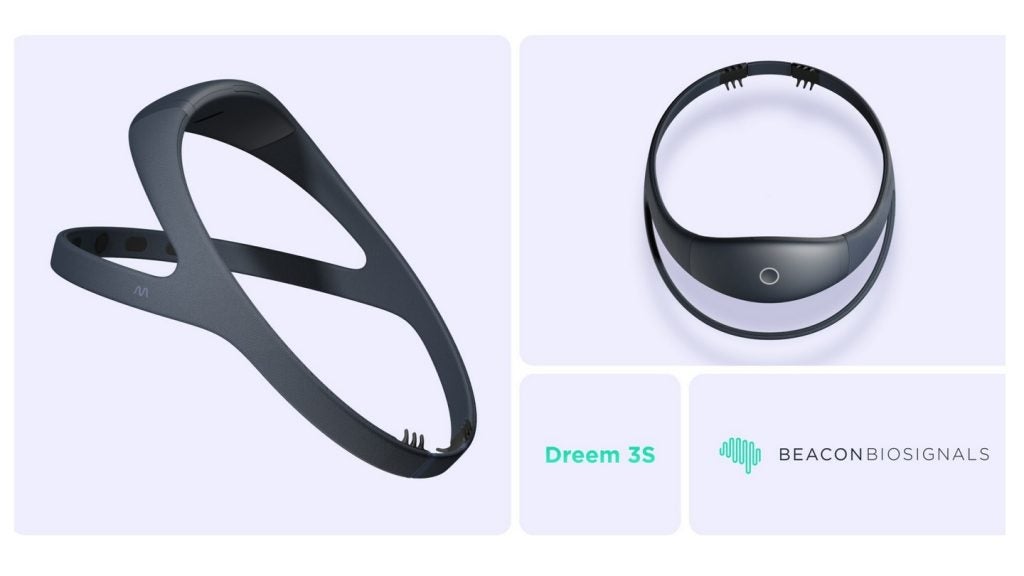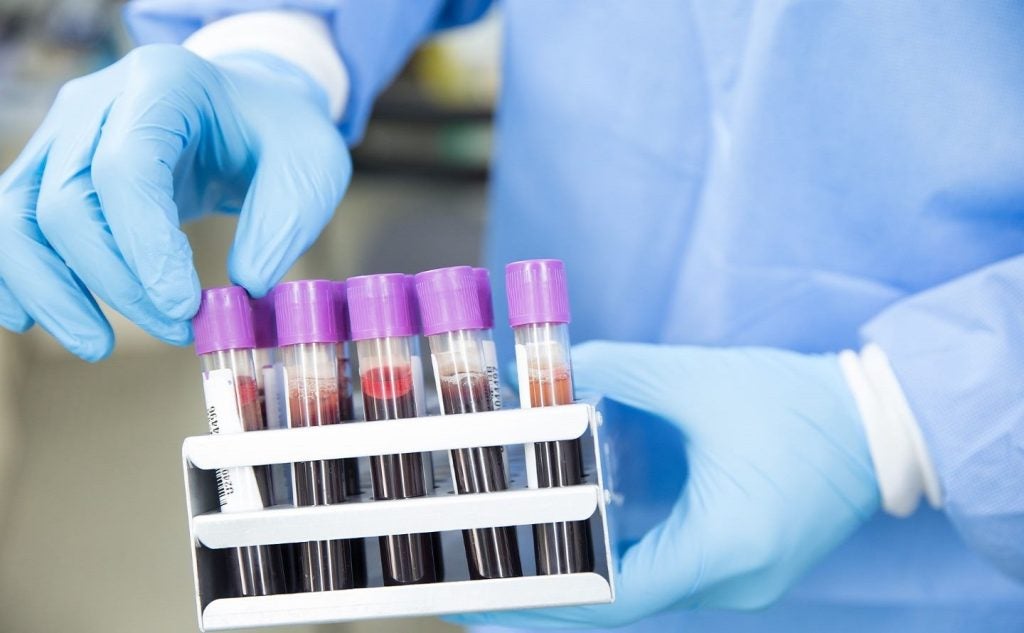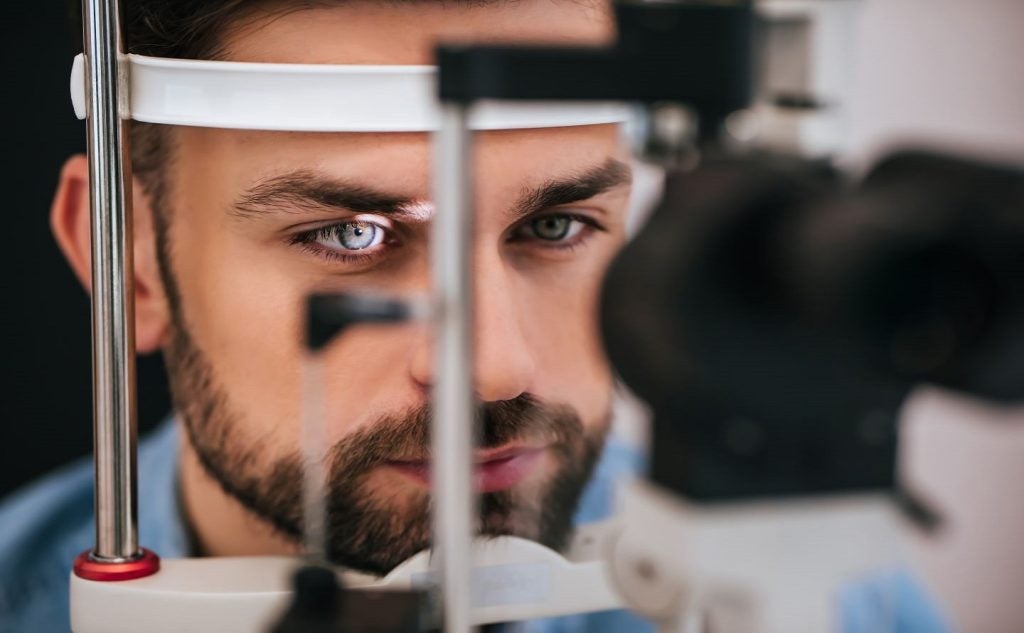Beacon Biosignals has received 510(k) clearance from the US Food and Drug Administration (FDA) for its artificial intelligence-assisted sleep monitoring device, Dreem 3S.
The new wearable headband with integrated machine learning algorithms will help acquire electroencephalogram (EEG) data from the brain for monitoring sleep architecture and assisting in disturbed sleep diagnosis.
Claimed to be the first dry-EEG medical device of its kind, Dreem 3S enables the collection of EEG data at home. It also offers automated sleep staging, as per the classification of the American Academy of Sleep Medicine.
With the potential to record for 24 hours, the device features six electrodes and an integrated accelerometer for measuring head movement and the position of the body.
In a clinical usability study, the device was found to be well tolerated by users and generate clinical-grade data in the home environment.
Beacon, which focuses on offering treatments for neurological, psychiatric and sleep disorders, purchased Dreem’s research and development business in July this year.
Beacon Biosignals CEO and co-founder Jacob Donoghue said: “Longitudinal EEG sleep data may be a powerful tool to gain clinical insight into a wide variety of neurological and psychiatric conditions.
“We are enabling high-fidelity, overnight brain activity to be efficiently collected in the patient's home, opening new doors for clinical trial endpoints.”
Millions of Americans suffer from sleep disorders, which are connected to the underlying causes of conditions ranging from major depressive disorder to neurodegenerative diseases.















